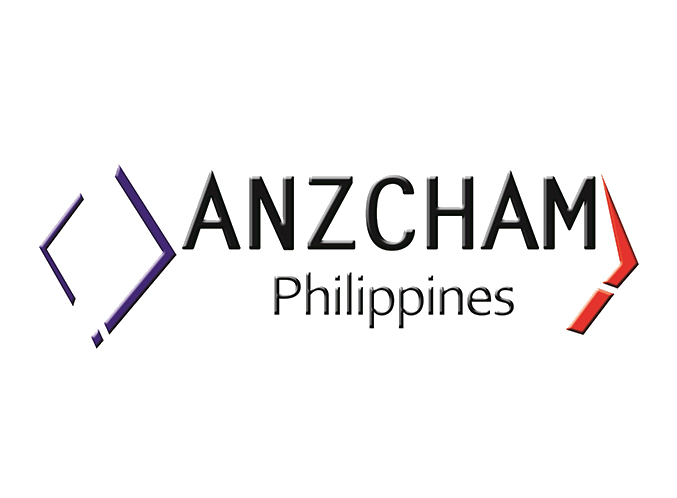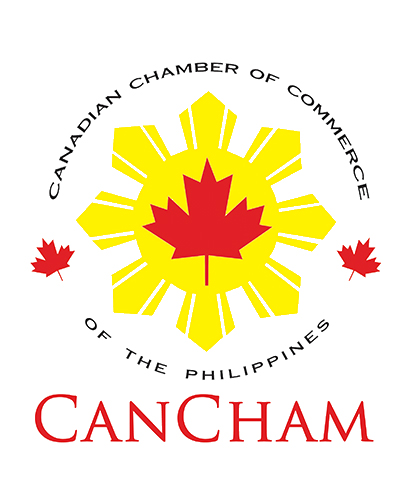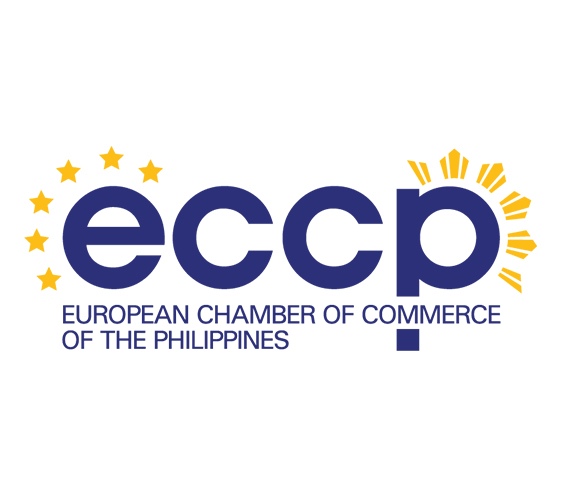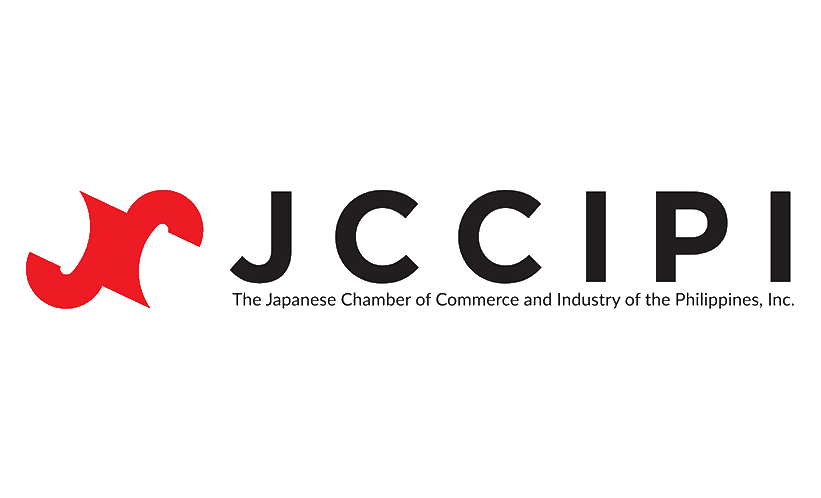Speech of Senate President Franklin M. Drilon during the Arangkada Forum: Increasing Investment For Inclusive Growth
March 5, 2015 at 15:55
ARANGKADA Philippines Forum,
Makati Shangrila Hotel
March 3, 2015
SPEAKING AT THE 4TH ARANGKADA FORUM: Senate President Franklin M. Drilon addresses foreign and local business leaders who attended the the 4th Arangkada Philippines Anniversary Forum held at the Makati Shangri-La Hotel on Tuesday/March 03. Drilon said that the present positive outlook on the Philippine economy is due to government efforts to fortify economic institutions, encourage efficient government spending, reduce debt, improve fiscal management and promote transparency and accountability. (PRIB Photo by Joseph Vidal/ March 3, 2015)
DRILON AT 4TH ARANGKADA FORUM: Senate President Franklin M. Drilon is greeted by members of the Joint-Foreign Chambers after his keynote speech at the 4th Arangkada Philippines Anniversary Forum held at the Makati Shangri-La Hotelon Tuesday/March 03. Also talking to the Senate President is Makati Business Club Chairman Ramon Del Rosario Jr. (extreme right). (PRIB Photo by Joseph Vidal/ March 3, 2015)
INCREASING INVESTMENT FOR INCLUSIVE GROWTH
Let me greet everyone a pleasant good afternoon. Your excellencies and members of the diplomatic corps, business leaders, and members of the media, friends, ladies and gentlemen, good afternoon.
It is truly an honor and privilege to speak before the movers and shakers of the Philippine economy during the Fourth Arangkada Philippines Anniversary Forum. I congratulate the Joint Foreign Chambers of the Philippines for another successful holding of Arangkada. You have chosen a very impressive theme, “Invest Now for Inclusive Growth”, which totally captured the essence of what we in government have been doing for almost five years.
In Bloomberg’s recent list of 20 fastest growing economies, the Philippines placed second, after China and much ahead of its ASEAN neighbors. In the 2015 Index of Economic Freedom, an annual guide published by The Wall Street Journal and The Heritage Foundation, the Philippines ranked 76th in the world and 13th in the Asia-Pacific region with a score of 62.2, which is an increase of 2.1 points from last year’s index.
The US-based JP Morgan sees the Philippine economy expanding by 6.4 percent this year, while the British banking giant, Standard Chartered, forecast growth this year at 6 percent. Meanwhile, the International Monetary Fund (IMF) raised its growth projections for the Philippine economy for 2015 and 2016 to 6.6 percent and 6.4 percent, respectively.
As your Senate President, I find it truly heartwarming and fulfilling that the rating agencies, financial institutions and the business community attribute the rosy economic picture to the government’s relentless efforts to fortify our institutions, encourage efficient government spending, reduce debt, improve fiscal management and promote transparency and accountability.
The reforms that have been undertaken, which are anchored on the platform of good governance, spawned a culture of integrity in public service, gave birth to a new brand of politics, addressed the structural weaknesses in the economy and improved human capital.
Today, with modesty we can say that the governance agenda is raking in huge dividends such as the country’s credit worthiness and increasing competitiveness, among others.
The momentum continues as Congress aggressively pushes for a number of good governance and public accountability measures anchored on the rule of law. We will continue pursuing our reform agenda in the remaining term of the 16th Congress.
Earlier, the Senate has passed its version of the Freedom of Information Act to implement a policy of full public disclosure of all government transactions involving public interest, with appropriate safeguards to protect national security and national interest.
Pending before the President today is the measureAmending the Sandiganbayan Law, which shall strengthen the structural capability of the Sandiganbayan and thereby empower such court to effectively and speedily resolve cases against erring government officials and employees. The proposed measure adds two divisions to the anti-graft court, increasing the number of justices from 15 to 21. We expect this law to be signed by the President next month. It should be effective in June.
We are also working on a Customs and Tariff Modernization Act to enhance trade facilitation for the legitimate trade community by promoting a full automation of customs procedures, and by strengthening the Bureau of Customs’ risk management, revenue collection and enforcement systems. We will make this effective this year.
With this, I am certain that we can make a dent in smuggling, which, in 2013, deprived our government of an estimated P200 Billion in revenues.
We recognize that the two most pressing problems right now are high poverty incidence and joblessness. We have to create a business climate that will bring in massive investments that will generate much needed employment for our people. It is crucial that government ramp up spending to provide the vital infrastructure projects that will sustain economic growth.
We must strengthen the manufacturing and agriculture sectors, which employ most of the people in the lower rung of the economic ladder. More importantly, we will ensure that every Filipino will enjoy the fruits of development, and that no Filipino man, woman and child will be left behind.
On the other hand, we have been preparing for the inauguration of the ASEAN Economic Community this year, which will cause a free-flow of goods, services, capital and labor among member nations of the ASEAN. Because of this, Congress passed a law last year that would allow the Full Entry of Foreign Banks in the country.
Foreign investors can now look to their trusted reputable foreign banks to facilitate transactions in the country. With this law, we hope to encourage the inflow of foreign capital and other foreign direct investments not only in the banking industry but in other industries as well. Moreover, we will see the Philippines ease into integrated financial and capital markets in the region. I must confess, this law was prompted by the representations made by the Japanese banks, who campaigned for greater representation in our system.
In addition to liberalization measures as key to attracting foreign investments, we have steered the passage of law that would improve the ease of doing business such as the Go Negosyo Act.
Your Congress is working hard on a legislative agenda that provides our roadmap for accelerated, sustainable and inclusive growth. Your Senate already has enacted an anti-trust law, the Fair Competition Act. Once passed by the House of Representatives, the measure will promote economic efficiency in trade, industry and commerce through the prohibition of anti-competitive agreements, abuse of dominant position, and anti-competitive mergers. The passage of the Competition law, which we expect by June of this year, will ultimately bring about a dynamic, sustainable, inclusive economic growth and national progress.
The Senate will also pass legislation that will Allow Foreign Vessels to Transship Foreign Cargoes between Philippine Ports, and allow importers and exporters to co-load in foreign ships going in and out of the Philippines. This measure will definitely open the market to competition, bring down transportation costs by sea, and enable the country to fully utilize the supply chains for products. We expect the amendments to the Cabotage Law to be effective by June of this year.
This March, we will also start the debate on the passage of a stronger enabling law for Public-Private Partnership (PPP). Just this morning, the Senate Committee on Trade, Commerce, and Entrepreneurship held a hearing on this measure, which aims to provide the most appropriate framework to mobilize the private sector to finance, design, construct, operate and maintain infrastructure projects and services.
We intend to pass measures to establish institutions that would support our move towards liberalization. We will create two new offices: a Philippine Trade Representative Office, which will serve as the country’s central agency tasked to formulate a cohesive trade strategy and, second, a Department of Information and Communications Technology (DICT), to support the development of our ICT systems, and put us at par with ASEAN economies which have cabinet level departments for information and communications technology. This measure will be sponsored in the Senate floor by Senator Ralph Recto in three weeks’ time, just before we close our sessions. We expect to pass this measure by June.
We are working to amend the BSP Charter to effectively respond to the challenges and innovations of a globalized economy by increasing its capitalization to P200 billion, among others. Yes, we place the proposed increase of P200 million in capitalization noting for example, that under the BSP Charter a capitalization of P200 billion was only subscribed to by the national government only so recently, and using the money from the controversial Disbursement Acceleration Program (DAP). It is there, we have subscribed to it. The proposed measure further seeks to strengthen the BSP’s monetary stability function by restoring its authority to issue negotiable certificates of indebtedness.
Let me address the concerns raised with the Tax Incentives Monitoring and Transparency Act or the TIMTA. I have read in today’s papers that the joint foreign chambers are worried that the TIMTA, which seeks to include the amount of fiscal incentives given to forms amount in the Annual Appropriations Law will affect the country’s competitiveness. This reading, I must assert is unfounded, because it is premised on an assumption that we will include it in the General Appropriations Act. No, it will not be included in the General Appropriations Act, so the incentives granted will not be affected at all.
By the way, I note that this bill will be sponsored By Senator Sonny Angara this afternoon in the Senate floor. What is the real objective of this law? It is to establish the implementation and monitoring of tax incentives granted by law to business entities and qualified private individuals and corporations as administered by the investment promotion agencies (IPAs) and other government agencies to improve transparency with respect to such incentives. It is only with a requirement for purposes of transparency.
Looking at its key provisions, it is the creation of a tax incentive information sectioned in the annual budget of expenditure and sources of financing or DESF. It will not be in the General Appropriations Act, and the information there is administered by the investment promotion agencies.
It will establish a tax incentive tracking program for all tax incentives administered, and we will establish a reportorial process to the President and Congress as part of the annual budget of expenditures and sources of financing. No budget account will be created. It is just a measure for purposes of ensuring transparency. In fact, it is already in the 2012 budget of expenditures and sources of funds. It listed the actual amount of tax expenditures as a result of the incentives granted by the investment promotion agencies.
Records show that in 2012, the actual tax expenditures of as a result of the incentives granted by the investment promotion agencies amounted to P159 .885 billion. Again it was just for reporting requirement for the purposes of transparency. In 2013 the expected tax expenditures amounted to P160 billion now. In 2014 it was 164.5 billion.
I wish to assure everyone that we will not touch the incentives being granted. It was just for transparency and for public information as to what tax expenditures we are having to provide tax incentives to our business sector. It will bolster transparency and accountability in the present system of granting fiscal incentives and under the proposed measure, an annual tax incentive list will be published providing the projected and actual incentives granted to businesses and private individuals.
Again, nothing in this law will diminish the incentives being given by the IPAs pursuant to their chapter or existing laws. It is nothing more than a transparency provision.
The Senate will review and possibly enact the proposedRationalization of Mining Revenues to introduce a straightforward fiscal regime and revenue arrangement between the government and mining contractor, taking into consideration the role of the government as the owner of the minerals and the impacts of mining activities on environment and community.
Yesterday we passed a Joint Resolution which would allow President Benigno Aquino III to address any potential power shortage during the summer. We expect that by this afternoon, we should be able to ratify the bicameral conference committee report on the disagreeing provisions on the versions of the House and the Senate.
Apart from bringing a solution to the foreseen summer outages in 2015, the passage of the resolution is part of efforts to establish a clear energy agenda and to address the growing concern over the perceived inability of the country’s power sector to keep up with the growing demand that is intricately linked to the Philippine economy’s potential economic growth.
Of course, I could not leave this forum without touching on the Mamasapano incident and the Bangsamoro Basic Law. As you all know, last January 25, 2015, the nation was shaken by the event in Mamasapano, Maguindanao, that took the lives of 44 members of the Philippine National Police Special Action Force. We already lost 44 lives. We must not allow peace to be the 45th casualty. Now, more than ever, we must not stray away from the path of peace.
Rest assured that the Congress has, more than ever, become more resolute and determined to meet its ultimate goal – that is to put an end to the decades-old conflict in Mindanao. We have set a new deadline for ourselves in June, where we will pass aBangsamoro Basic Law which is consistent with the Constitution and the interest of our people.
Ladies and gentlemen, it is with confidence that I face the Joint Chambers this afternoon – confident that we can pass the reform measures that we have outlined for ourselves. That is because if you saw the front page of the Inquirer today, you will see me and Speaker Belmonte and the leadership of both houses. We have been doing this in a monthly basis, as we monitor the progress of critical legislation, including those that I have mentioned. We have a list of priority legislative agenda which is principally based also on the Legislative—Executive Development Advisory Council (LEDAC). But we do certain positions independent of the LEDAC, most recent of which is the measure on the formation of a new DICT. We know that the President has certain reservations on this, but we will pass it in Congress and we will present to him for his approval. We will do the best that we can do. But what we do know is that we need a DICT to put us at par with the other economies of South East Asia.
My friends, our doors are always open to consultation. You can go to my office and request for meetings. I will assure you that we have an open mind in this. In fact, one of the most difficult bills that we will tackle is the Rationalization of Fiscal Incentives. This bill has been pending even during the time of Mon Del Rosario here, even during the first term of Cesar Purisima over there. But again, we will give it our best shot. We will work for a rationalized fiscal incentive which will be in favor of both the public and the private sector, with the foreign chambers in particular.
My dear friends, let me thank you all once more for the opportunity to share my thoughts on what we have been doing in Congress. Let me assure that the Congress is working Congress, a listening Congress which always has the national interest as our agenda.
Source: https://www.senate.gov.ph/
















































